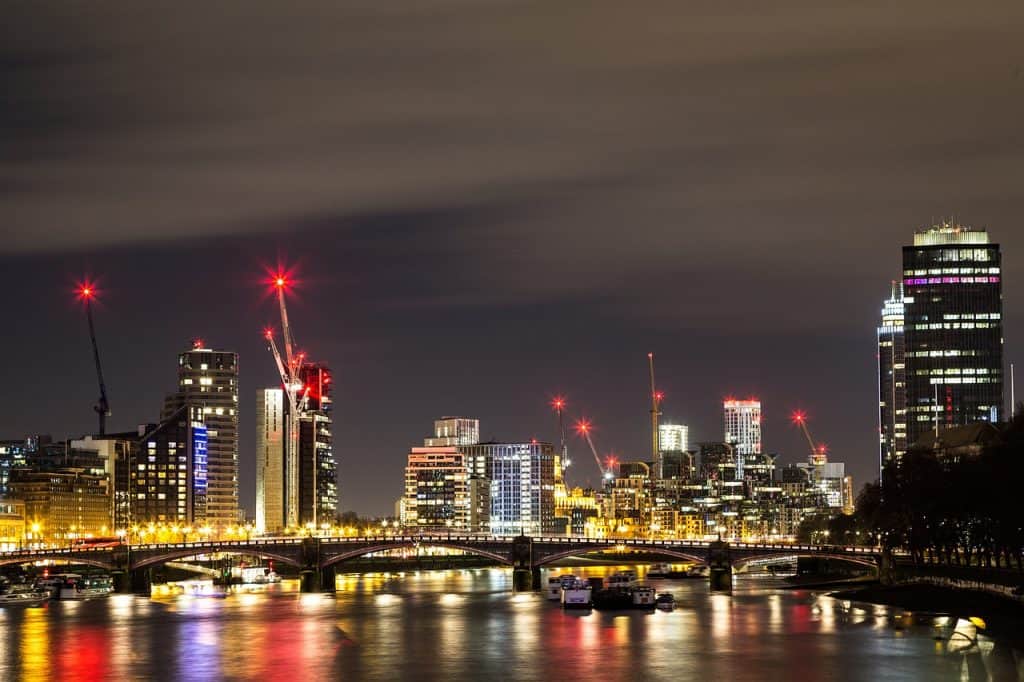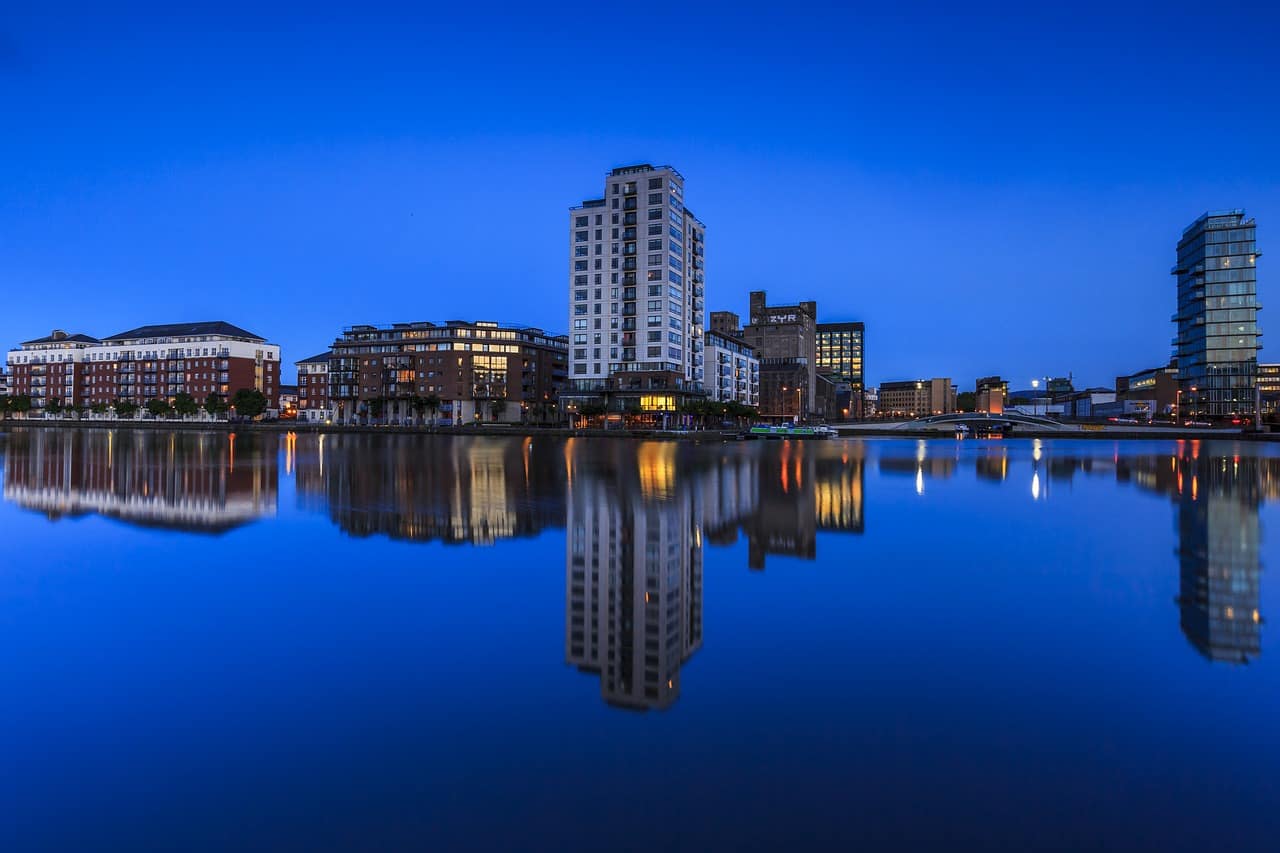Grand Canal Dock, Dublin (Photo: seanegriffin on Pixabay)
With Dublin being a haven for some of the world’s biggest multinationals in setting up a European base, how can the Irish capital match London’s ‘best start-up ecosystem’ tag?
In a recent report by the Startup Genome, the UK ranked third for total capital investment in digital tech companies last year, only behind China and the US.
What makes London such hot property?
As the best-faring European ecosystem for start-ups, London’s key strengths lie in FinTech, blockchain and AdTech.
In terms of FinTech, London attracted $1.3 billion in venture capital for 2017.
Over the last decade, blockchain has hit the heights in the financial market. London, with its financial prowess, is a perfect setting to enhance this sector even more.
London’s advertising sector provides employment to nearly 80,000 people. It’s also home to the likes of LoopMe, a digital advertising firm that uses artificial intelligence (AI) to optimise mobile video advertising and has raised $10 million in funding.

Dublin’s standing
Dublin is a European hotbed for business activity. The main factors in this is the country’s corporation tax of 12.5%, the English language and its links with the US.
Some of the biggest multinationals have set up their EU headquarters in Ireland such as Google and Facebook, to name just a couple.
Irish multinationals are also looking into tech fields such as AI, machine learning and driverless cars, to name a few. This also makes Ireland an attractive prospect for tech giants.
This is all well and good but what holds Dublin back reaching the heights of London?
Competing with London?
Let’s face it, Dublin’s sizing and population is a distinct disadvantage. Even with Brexit coming into play Dublin will struggle to get anywhere near the firepower of the British capital. By 2040, the Irish population is set to grow by 750,000. This will force further expansion to the Midlands where disposal incomes are a lot lower. There were even talks of constructing a ‘new city’ to expand further enterprise outside of the city.
In terms of London, when population growth soared, Milton Keynes, a suburb 45 miles north-west of London, was constructed to relieve pressure from the centre of the British capital. This suburb has since integrated into the sociopolitical landscape seamlessly since its inception half a century ago.
Business & Finance discussed Ireland’s population future in the September-November 2017 issue.
London competes with New York as having the world’s most major financial centre. 315,000 people are said to be employed in the financial sector within the “Square Mile”.
Startup Genome report:
London’s tech sector continues to fuel the growth of the UK’s digital economy, with the capital’s tech firms raising a record $6.6 billion 2017.
According to a VenturePulse survey, Irish tech firms raised €1 billion in funding for 2017. This is nearly six times less than what London raised alone for the same year ($6.6 billion). It’s very difficult for Dublin to match that figure.
However, saying this, Dublin remains a destination full of multinational activity. Around 80% of Ireland’s corporation tax intake is from a foreign source. This shows a distinct interest in Ireland going forward and something Ireland/Dublin should definitely grasp to, even if the capabilities aren’t in place to go toe to toe with London.





